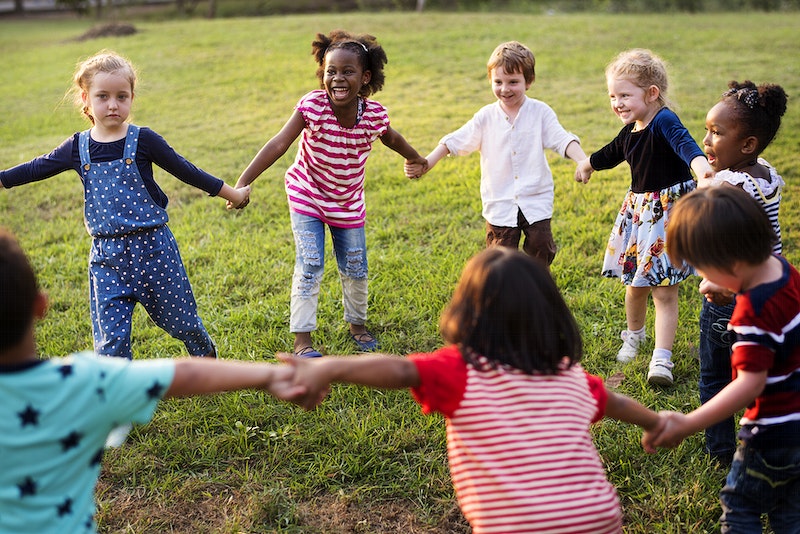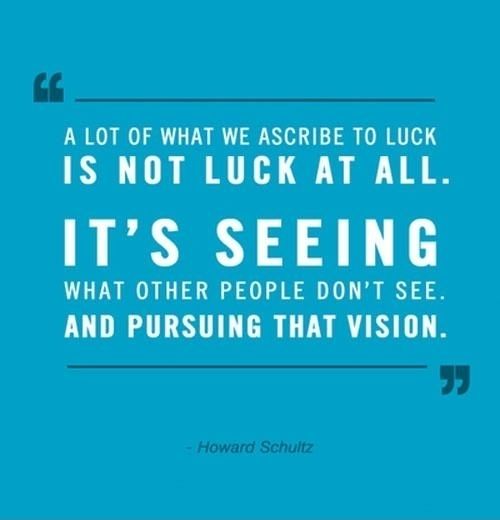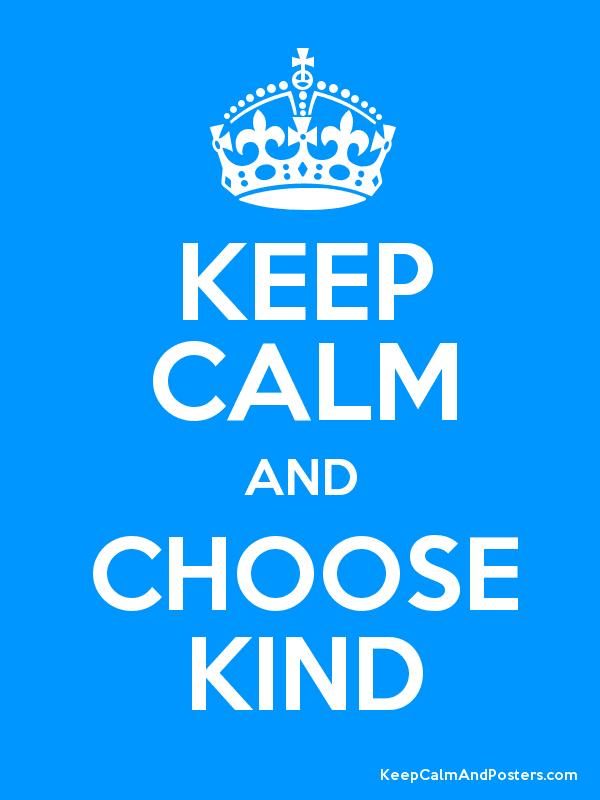 So I’m republishing the following article from back in 2012, as it still seems appropriate today.
So I’m republishing the following article from back in 2012, as it still seems appropriate today.
We all have an “inner child,” don’t we? Sometimes curious and investigating. And sometimes mischievous and rebellious. Sometimes they love unconditionally (puppies and kittens come to mind), and sometimes they behave like paranoid schizophrenics throwing temper tantrums.
Who are you when your inner child takes over? Jekyll or Hyde?
Most of us can be and have been both Jekyll and Hyde. But why do we present ourselves so differently at different times? And so extremely?
My “inner child” seems to exist both in my Knower/Judger and my Learner/Researcher personas but not in both at the same time. When I tap into that child, my behavior is either childish or childlike, depending on whether I’m operating from my K/J or L/R.
As we age, our world teaches us the “rules of life.” We all learn these unspoken rules differently based on our families, communities, schools, churches, etc. In this way, our K/Js develop and then essentially run our lives. Our K/Js automatically react to stimuli. In other words, we inherently know the rules without thinking. And the older we get, it seems, the more entrenched the rules become.
Psychologists agree that most of these rules are ingrained by age six or seven. We know our “place” on the playground. We know our family’s place in society. We learn the rules about money, relationships, power, etc. very early in life. We’re not children, in the purest sense of the word, for very long. Our developed K/Js help us feel good about doing and accomplishing the things we’ve learned that are “right.” Conversely, we learn to feel negatively about the things we do or accomplish that our rules tell us are wrong.
Think about the parental rules you’re carrying around right now. For example:
- Clean your plate.
- Go along to get along.
- Can’t fight city hall.
- Obey.
- You’ll never amount to anything.
The messages we internalize very early really do affect us for the rest of our lives unless we become aware of them and decide to change them. But that’s fuel for another article.
Suffice it to say, these rules help produce reactions that can appear childish. We may be adults, but when something occurs that we don’t like, we can appear childish as we argue or throw temper tantrums. We see road rage happen or prejudices take over.
Childish behavior may show up in phrases like “It’s not fair!” and “If such and such happens, I’ll just die!” We engage in such behavior when we see that some K/J rule we’ve internalized has been broken and our (normally high) expectation has not been met.
Childlike behavior, on the other hand, hearkens back to when we actually were children with few cultural boundaries and the freedom to behave spontaneously without worrying about whether or not we broke some rule.
Picture yourself before the rules took over. Innocent. Trusting. Fun-loving. Loving in general. Childlike.
People operating in their L/Rs tend to appear childlike. But letting the L/R respond to stimuli is not always easy. You have to ignore your rules and the answers they give you so you can hear new data and discover new ideas. As we age, acting childlike seems to become more difficult even when we see benefits.
If you feel yourself acting childish, try thinking of Dr. Wayne Dyer’s advice: “When given the choice of being right or kind, choose kind.” Kindness usually comes from your L/R, while being right and defending your opinion comes from your K/J. That automatic and outward defense of your position is childish, while being kind is the only reaction of a newborn. Yet without K/J rules, newborns are innately childlike.
Observe interactions at your house, in your office, or in social environments and watch the “inner children” of the participants. Childish or childlike? Then ask yourself what Dr. Phil would: “How’s that workin’ for ya?”



